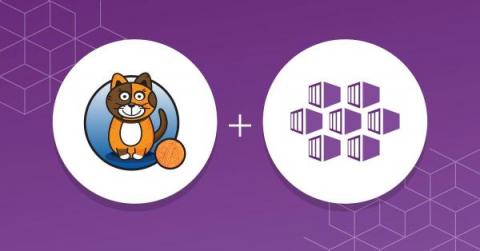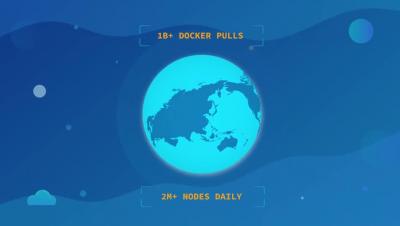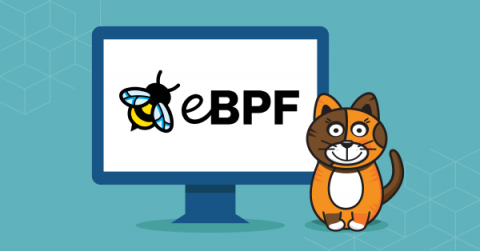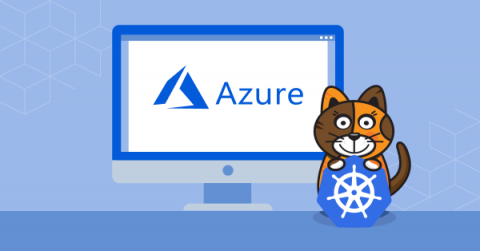How Calico CNI solves IP address exhaustion on Microsoft AKS
Companies are increasingly adopting managed Kubernetes services, such as Microsoft Azure Kubernetes Service (AKS), to build container-based applications. Leveraging a managed Kubernetes service is a quick and easy way to deploy an enterprise-grade Kubernetes cluster, offload mundane operations such as provisioning new nodes, upgrading the OS/Kubernetes, and scaling resources according to business needs.











